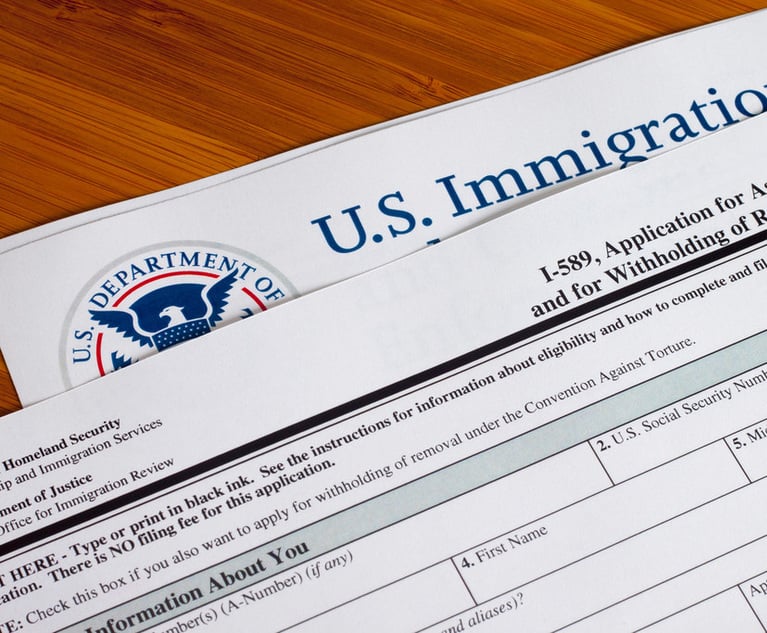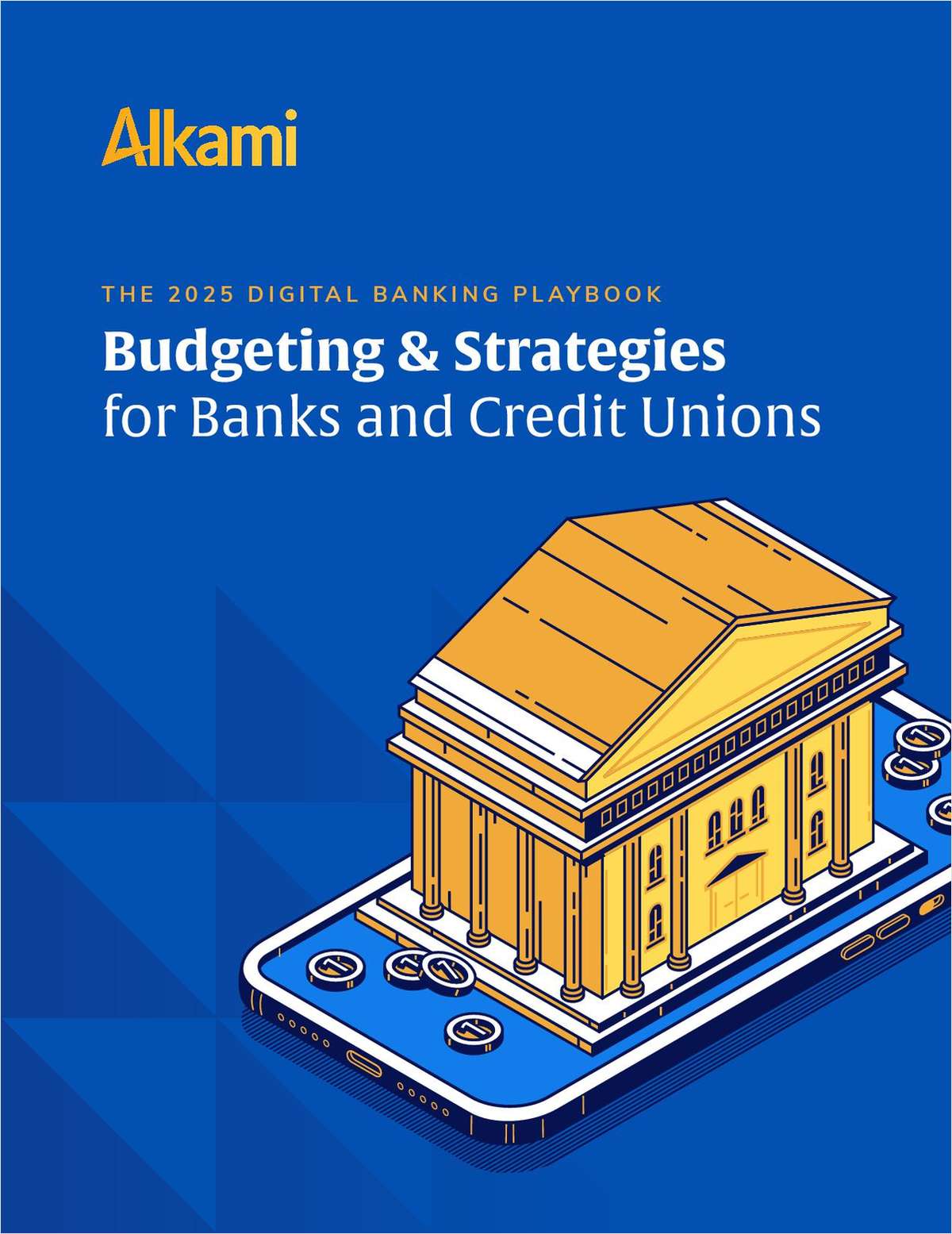Get Used to It: Court Administrator Says Online Proceedings Are Here to Stay
Connecticut attorneys weigh in on the state's new handbook on remote hearings for attorneys and self-represented parties.
July 21, 2020 at 02:53 PM
4 minute read
 Working remotely. Photo: GaudiLab/Shutterstock.com
Working remotely. Photo: GaudiLab/Shutterstock.com
The Connecticut Judicial Branch unveiled a 32-page handbook Friday on working remotely, and the state's chief judge administrator said the new way of doing business for attorneys is here for the "foreseeable future."
The handbook, "Connecticut Guide to Remote Hearings for Attorneys and Self-Represented Parties," includes information on how lawyers and their clients can telecommute amid COVID-19 and post-pandemic.
Chief Court Administrator Patrick Carroll III sounded the bell that hearings conducted remotely will be part of the new way of attorneys doing business.
"We fully expect that the use of remote proceedings will not only respond to the challenges caused by the pandemic, but will transform our courts for the foreseeable future," Carroll said in the handbook.
Attorneys had mixed reactions to the handbook and the idea of attorneys and their clients working virtually now and in the future.
Greenwich solo practitioner Amy MacNamara reviewed the handbook for the Connecticut Bar Association while it was being drafted. MacNamara, chairwoman of the association's Family Law Section and a member of the COVID-19 committee, said, "The handbook is easy to read and relatively comprehensive."
MacNamara, though, said there were several "blind spots" within the handbook. MacNamara said the Judicial Branch asked for comments and suggestions and she told it her biggest concern dealt with introducing evidence on a virtual platform.
"They said they'd take it under advisement," MacNamara said Tuesday. "Evidence in a physical court is a simple process. We know when we have to exchange things and how to introduce them. We are learning in an entirely new technological way and a satisfactory process for entry of exhibits hasn't been articulated as of yet."
MacNamara added, however, that the biggest upside to working virtually are pretrial and status conferences. "I personally hope pretrial and status conferences are here to stay. It's economical and allows us to do business in a quicker fashion," she said.
Shelley White, director of litigation and advocacy for the New Haven Legal Assistance Association Inc., said she understands the need for working remotely, but said there's a cautionary tale when dealing with nonrepresented parties.
White, whose organization represents low-income individuals, said it also turns away "about half of the people that come to us for assistance because we don't have the capacity to help them." That, she said, translates into hundreds of individuals a month that are turned away.
Many of them, she said, aren't familiar with technology and some don't have computers. That, she said, poses a big problem.
"Our biggest concern is this creates a scenario where there is unequal access to the courts," White said Tuesday. "Many of the people we see are not familiar with remote technology at all. They won't know how to click on for a remote hearing. There is a digital divide there."
In some cases, White said, those without computers might have go to court to access computers that the courts will be making available. That, she said, can create more obstacles.
"Many people of less means are not technology-savvy," she said. "And, I don't believe it will be feasible for court personnel to assist them because of social-distancing concerns. Who will show them how to use the equipment?"
White continued: "I'm not saying the handbook and working remotely is a bad thing. It is what it is. We just have to make sure the rights of unrepresented people are protected."
As a mediator and arbitrator, Chris Kriesen has held about 15 Zoom meetings with attorneys and their clients since the beginning of the pandemic in mid-March.
"At first, there was pushback because everyone thought it wasn't secure and they were uncomfortable with the technology," said Kriesen, founder and principal of The Kalon Law Firm in Hartford. "People have adapted. The system can be secure and they are feeling more comfortable with the technology. Many people don't even realize they are online anymore."
Related stories:
No Start Date for Connecticut Jury Trials, But Bench Trials Resume
Remote Work Is Stressing Lawyers Out. Here's How to Help Them
This content has been archived. It is available through our partners, LexisNexis® and Bloomberg Law.
To view this content, please continue to their sites.
Not a Lexis Subscriber?
Subscribe Now
Not a Bloomberg Law Subscriber?
Subscribe Now
NOT FOR REPRINT
© 2025 ALM Global, LLC, All Rights Reserved. Request academic re-use from www.copyright.com. All other uses, submit a request to [email protected]. For more information visit Asset & Logo Licensing.
You Might Like
View All

Trump Administration Faces Legal Challenge Over EO Impacting Federal Workers
3 minute read
Settlement Allows Spouses of U.S. Citizens to Reopen Removal Proceedings
4 minute read
Trending Stories
- 1'He Used Some Colorful Language': Yale Defamation Case Survives
- 2Man Charged in Daylong Shooting Rampage in Memphis Is Serving as His Own Lawyer
- 3Counterpoint: FLA Is Committed To the Success of Legal Professionals
- 4Pa. Superior Court Rules Pizza Chain Liable for Franchisee Driver's Crash
- 5New FCC Chair Hires Section 230 Critic as General Counsel
Who Got The Work
J. Brugh Lower of Gibbons has entered an appearance for industrial equipment supplier Devco Corporation in a pending trademark infringement lawsuit. The suit, accusing the defendant of selling knock-off Graco products, was filed Dec. 18 in New Jersey District Court by Rivkin Radler on behalf of Graco Inc. and Graco Minnesota. The case, assigned to U.S. District Judge Zahid N. Quraishi, is 3:24-cv-11294, Graco Inc. et al v. Devco Corporation.
Who Got The Work
Rebecca Maller-Stein and Kent A. Yalowitz of Arnold & Porter Kaye Scholer have entered their appearances for Hanaco Venture Capital and its executives, Lior Prosor and David Frankel, in a pending securities lawsuit. The action, filed on Dec. 24 in New York Southern District Court by Zell, Aron & Co. on behalf of Goldeneye Advisors, accuses the defendants of negligently and fraudulently managing the plaintiff's $1 million investment. The case, assigned to U.S. District Judge Vernon S. Broderick, is 1:24-cv-09918, Goldeneye Advisors, LLC v. Hanaco Venture Capital, Ltd. et al.
Who Got The Work
Attorneys from A&O Shearman has stepped in as defense counsel for Toronto-Dominion Bank and other defendants in a pending securities class action. The suit, filed Dec. 11 in New York Southern District Court by Bleichmar Fonti & Auld, accuses the defendants of concealing the bank's 'pervasive' deficiencies in regards to its compliance with the Bank Secrecy Act and the quality of its anti-money laundering controls. The case, assigned to U.S. District Judge Arun Subramanian, is 1:24-cv-09445, Gonzalez v. The Toronto-Dominion Bank et al.
Who Got The Work
Crown Castle International, a Pennsylvania company providing shared communications infrastructure, has turned to Luke D. Wolf of Gordon Rees Scully Mansukhani to fend off a pending breach-of-contract lawsuit. The court action, filed Nov. 25 in Michigan Eastern District Court by Hooper Hathaway PC on behalf of The Town Residences LLC, accuses Crown Castle of failing to transfer approximately $30,000 in utility payments from T-Mobile in breach of a roof-top lease and assignment agreement. The case, assigned to U.S. District Judge Susan K. Declercq, is 2:24-cv-13131, The Town Residences LLC v. T-Mobile US, Inc. et al.
Who Got The Work
Wilfred P. Coronato and Daniel M. Schwartz of McCarter & English have stepped in as defense counsel to Electrolux Home Products Inc. in a pending product liability lawsuit. The court action, filed Nov. 26 in New York Eastern District Court by Poulos Lopiccolo PC and Nagel Rice LLP on behalf of David Stern, alleges that the defendant's refrigerators’ drawers and shelving repeatedly break and fall apart within months after purchase. The case, assigned to U.S. District Judge Joan M. Azrack, is 2:24-cv-08204, Stern v. Electrolux Home Products, Inc.
Featured Firms
Law Offices of Gary Martin Hays & Associates, P.C.
(470) 294-1674
Law Offices of Mark E. Salomone
(857) 444-6468
Smith & Hassler
(713) 739-1250










